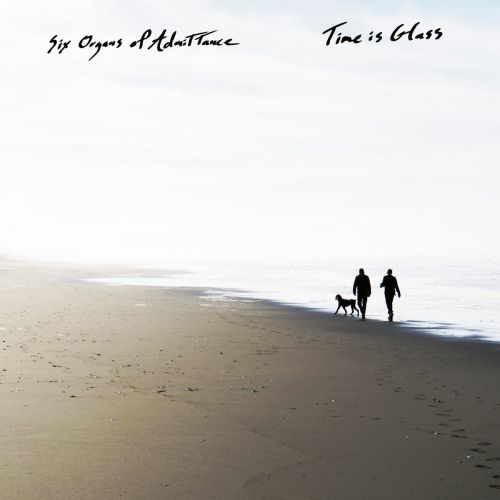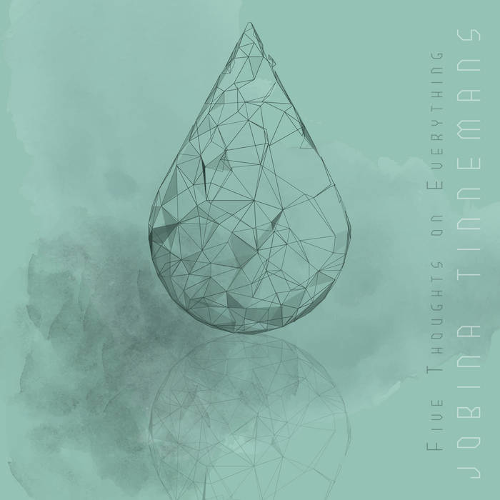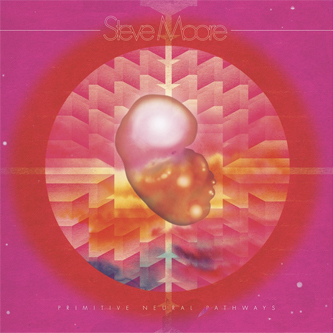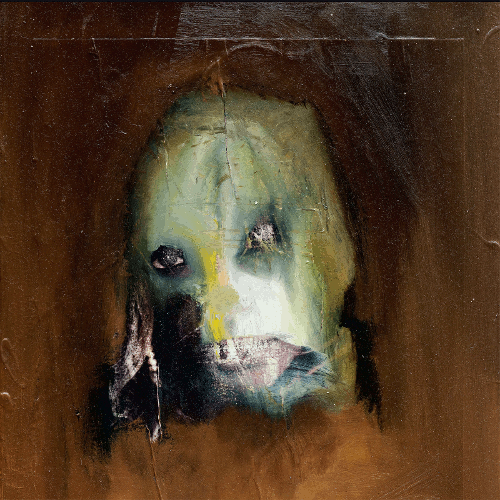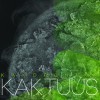 How many records or compositions have taken the existential essence of the cactus as their theme? Kaktuus is one (perhaps the only) such; and on the evidence of the album under consideration here, perhaps kakofoNIKT had the Agave americana particularly in mind. It’s certainly a psychedelic experience from the opening minutes, evolving into a surround-sound trip where garbled, guttering voices extemporise and vocalise without words and electronic and other sounds click, whirr, ping and chirrup across the soundscape at varying paces and levels of intensity.
How many records or compositions have taken the existential essence of the cactus as their theme? Kaktuus is one (perhaps the only) such; and on the evidence of the album under consideration here, perhaps kakofoNIKT had the Agave americana particularly in mind. It’s certainly a psychedelic experience from the opening minutes, evolving into a surround-sound trip where garbled, guttering voices extemporise and vocalise without words and electronic and other sounds click, whirr, ping and chirrup across the soundscape at varying paces and levels of intensity.
But this is no world-music sampling, Goa beach trance party-friendly meshing of machine beats and faux-tribal loops with the sound of amphetamine happiness expressed through the medium of exotic chants and soaring synths (though there are in fact some powerfully-realised operatic vocal layers, but they appear in highly modernist form). Far, far from it (and it’d be interesting to see the reaction of such an audience to the far-out sounds on offer here). Kaktuus is on an organic t(r)ip, one which seems more like a soundtrack to accompany the deconstruction of identity and its reassembling in various archetypal and symbolic guises. The visions which the scurrying, clacks, mysterious interjections and moans provoke tend towards the unheimlich, shifting scenes of abstracted environments morphing with a tweak or a grind into the echoing innermost wails of the subconscious rising to the surface.
None of this is explicitly stated, of course – that’s purely conjectural, experiential and contingent on the interpretations formed by letting Kaktuus do its thing, to work its occasionally obscure effects upon the furthest recesses of comprehension and listener response, sometimes through the medium of extreme repetition. There are infrequent moments which resemble music in its more conventional modes, as when a treated hurdy-gurdy loops and turns among the drone accretions while a bastardised saxophone heaves and words are uttered, if not for comprehension then perhaps to promote a particular mood – or simply to freak the addled listener out. Kaktuus could be conducting an electro-acoustic shamanic ritual as the bones are shaken and the rods and cones of perception shift colours and meaning accordingly; because there surely must be some synaesthetic effect in the right circumstances, on the right drugs. Where the practitioner might end up, with which totem they might find themselves aligned is open to speculation; but it’s fairly certain it would be one which likes its mezcal murky.Mind out for the worm at the bottom of the bottle.
-Linus Tossio-
